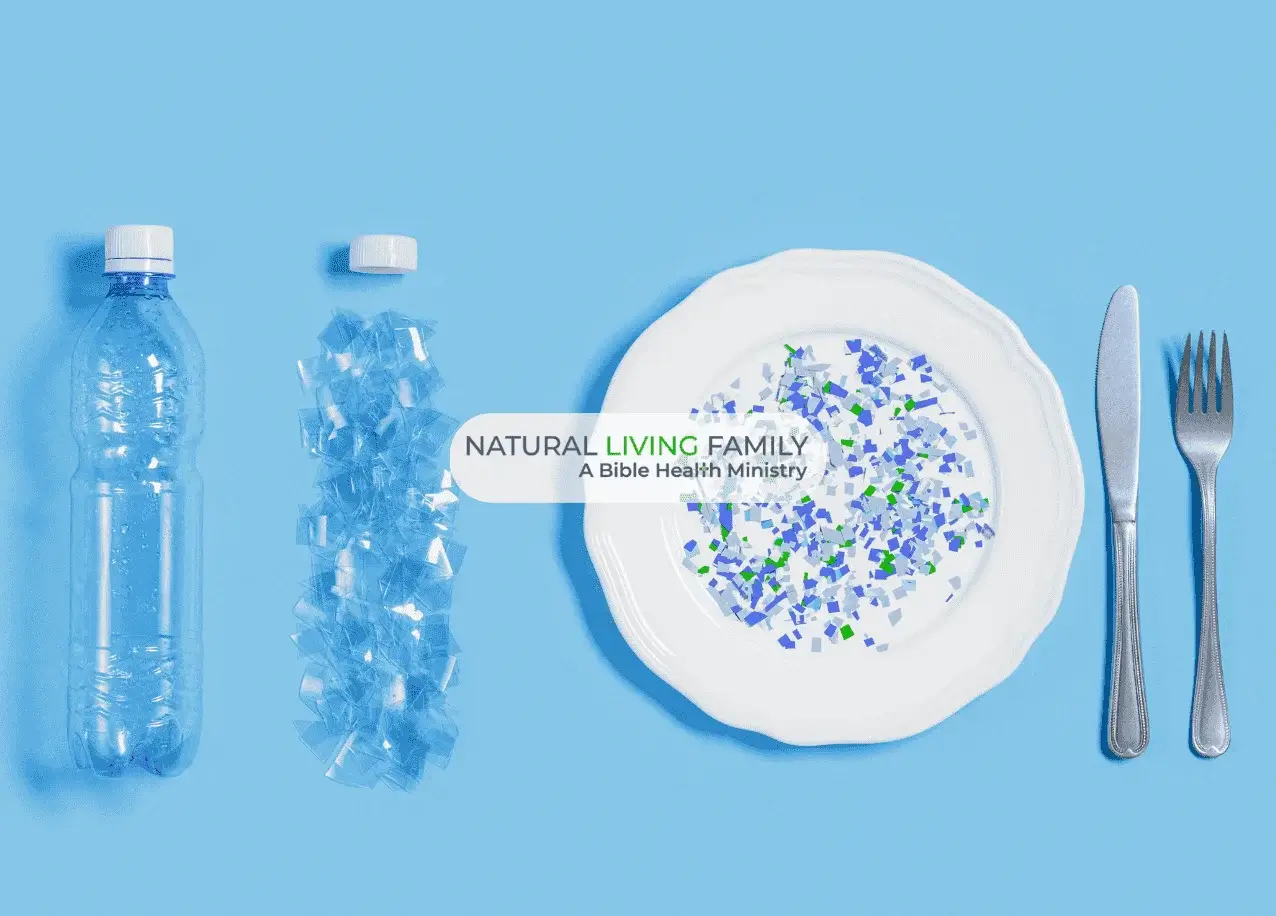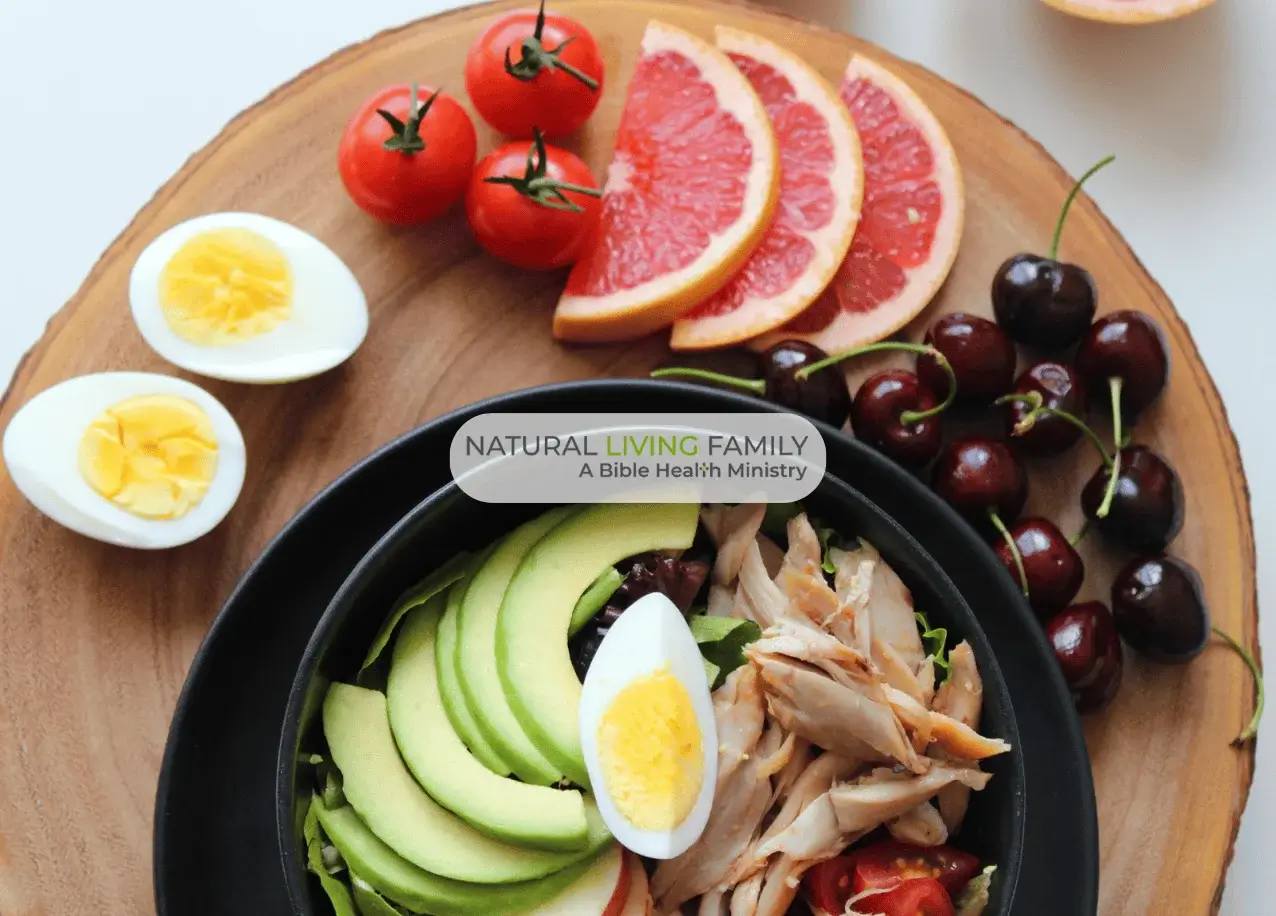Today, both flax seeds benefits and flax oil healthy properties are used to meet a variety of manufacturing and culinary needs, and healthy flax seed benefits have truly passed the test of time.
Flax is recognized as one of the first crops to be cultivated by man. Historical records show that people have extensively used the health benefits of flax seed for literally 10,000 years as a nutrient-dense food source, and as a raw material to make everything from rope to the linen cloth that Egyptians used to wrap mummies. (1, 2)
Table of Contents
Healthy Flax Seeds Benefits of Lignans
One of the most widely accepted reasons that healthy flax seed benefits are effective at fighting disease is because flax is the #1 source of lignans in the plant world. These nutrient-rich, bioactive compounds make flax a superfood you don’t want to ignore!
Lignans are phytonutrients known for their ability to act as phytoestrogens and antioxidants with unique fiber-related polyphenols that have been linked to reversing cardiovascular disease. (3) It has even been shown to be a marker for cardiovascular disease risk.
According to a 12-year study of 1,889 Finnish men that were evaluated, those with the highest enterolactone levels, which is a marker of plant lignan intake, were significantly less likely to die from heart disease than those with the lowest levels. (4) Several other studies have been done confirming this and, interestingly, a majority of these trials used ground flaxseed as their experimental measure.
Many foods are rich in lignans (such as fruits, nuts, seeds, vegetables, and whole grains), but none compare to the health benefits of flaxseed. It contains roughly 7 times more lignans than sesame seeds, 475 times more than cashew nuts, and 3,200 times more than peanuts. The George Mateljan Foundation states, “Among all commonly eaten foods, researchers now rank flaxseeds as the #1 source of lignans in human diets.” (5)
Other Flax Seed Nutrition Facts
In addition to being the richest plant-based source of lignans, nutritional flax seed benefits in just 1 tablespoon contains: (6)
- Manganese (9%)
- 2g of Dietary fiber (8%)
- Thiamine (8%)
- Magnesium (7%)
- Copper (4%)
- Phosphorus (4%)
- Selenium (3%)
- Calcium (2%)
- Folate (2%)
- Iron (2%)
- Potassium (2%)
- Zinc (2%)
- Vitamin B6 (2%)
- Niacin (1%
- Pantothenic Acid (1%)
- Riboflavin (1%)
- 1,597 mg of omega-3
- 414 mg of omega-6 fatty acids
Comparatively, just 1 tablespoon of flaxseed oil contains: (7)
- Vitamin E (12% Recommend Daily Value)
- 7,196 mg omega-3 fatty acids
- 1,715 mg omega-6 fatty acids
The 4:1 omega-3: omega-6 ratio is one of the main factors that makes flax and flax oil stand out. Few foods on the planet can boast this quantity of vegetarian omega-3s. This nutrient-rich ingredient shines in our superfood protein power bites.
The Omega-3 to Omega-6 Ratio
An entire generation lived and died eating omega-6-rich hydrogenated oils and margarine because they thought it was heart-healthy only to find that they literally clogged their arteries!
Although essential fatty acids were first discovered in the early 1920s, scientists really didn’t start to research the health benefits of omega-3s and 6s until the 80s. (8) Thankfully, the “cholesterol is bad” myth has been debunked ad nauseam and people are finding themselves going back to nature for their essential fatty acids.
What we have found since omegas hit the scientific scene is that – because of the typical Western diet rich in vegetable oils, and processed or fast foods – the average person’s omega-3: omega-6 ratio is way off kilter.
In the words of a study published in Biomedicine and Pharmacotherapy:
“Several sources of information suggest that human beings evolved on a diet with a ratio of omega-6 to omega-3 essential fatty acids (EFA) of approximately 1 whereas in Western diets the ratio is 15/1-16.7/1. Western diets are deficient in omega-3 fatty acids, and have excessive amounts of omega-6 fatty acids compared with the diet on which human beings evolved and their genetic patterns were established.”
Excessive omega-6 fatty acids produce inflammation in the human body, which is one of the primary reasons Americans struggle so much with autoimmune disorders, cancer, cardiovascular and inflammatory diseases.
One of the most widely used supplements that is recommended to balance the omega 3:6 ratio is fish or krill oil. This may cause a unique problem for vegans and non-pesco-vegetarians, but thankfully, God-made flax seed benefits provide healthy options for all!
Cancer Research & the Budwig Protocol
A key component that explains why the healthy flax seed benefits are so effective at helping cancer patients is flax’s dense nutrient content. The George Mateljan Foundation explains it this way:
“The antioxidant and anti-inflammatory benefits of flaxseeds also make them a logical candidate for cancer prevention. That’s because chronic inflammation (even low level inflammation) and chronic oxidative stress are risk factors for cancer development. In the case of flaxseeds, evidence of risk reduction is strongest for breast cancer, prostate cancer, and colon cancer. Breast cancer and prostate cancer are included in the list of cancers know as “hormone-related” cancers. Their risk reduction may be more closely related to flaxseed than risk reduction for other cancers due to the high lignan content of flaxseed.” (5)
In addition to many years of testimonials and anecdotal evidence, scientific journals such as Clinical Cancer Research have published human studies that suggest that dietary health benefits of flax seed consumption is a key component to reduced cancer risk and prevention. (9)
In the early 1950s, Dr. Budwig was the German government’s foremost expert on fats and pharmacology. She discovered that conventional fats and hydrogenated oils were destroying our cell membranes, which led to a wide variety of diseases including cancer. Dr. Budwig also discovered that eating healthy fats could rapidly reverse the cellular damage caused by the typical Western diet.
Her cancer-fighting recipe below was taken from the Budwig Center’s website: (10)
- Blend 3 Tbsp. of flaxseed oil with 6 Tbsp. low fat (less than 2%) organic Cottage Cheese with a hand-held immersion electric blender for up to a minute. If the mixture is too thick and/or the oil does not disappear you may need to add 2 or 3 Tablespoons of milk (goat milk would be the best option).
- Do not add water or juices when blending flaxseed oil or cottage cheese. The mixture should be like rich whipped cream with no separated oil.
- Once they are well mixed, grind 2 Tbsp. of whole flaxseeds and add to the mixture.
- Please note that freshly ground flax seeds must be used within 20 minutes after being ground or they will become rancid. Therefore, do not grind up flaxseeds ahead of time and store.
- Add in 1 teaspoon of honey (raw non-pasteurized is recommended), and voila!
Flax oil, because of its non-toxic, rich omega-3 nature, is also superbly effective. When taken as a one-two punch, ground flaxseed mixed with flax oil is exceptionally beneficial for cancer patients, which is why they are two of the main ingredients in Dr Johanna Budwig’s Anti-Cancer Diet. (10)
When eaten regularly with a natural health regimen including cancer-fighting supplements like beta-glucan and essential oils, patients can rest assured that they are doing their body good by following the Budwig Protocol!
References:
- https://web.archive.org/web/20150411021935/https://www.ag.ndsu.edu/ccv/flax/history-and-uses-1/history-and-uses
- https://www.hort.purdue.edu/newcrop/afcm/flax.html
- http://lpi.oregonstate.edu/mic/dietary-factors/phytochemicals/lignans
- https://pubmed.ncbi.nlm.nih.gov/12742810/
- http://www.whfoods.com/genpage.php?tname=foodspice&dbid=81
- http://nutritiondata.self.com/facts/nut-and-seed-products/3163/2
- http://nutritiondata.self.com/facts/fats-and-oils/7554/2
- https://en.wikipedia.org/wiki/Omega-3_fatty_acid#History
- http://clincancerres.aacrjournals.org/content/11/10/3828.short
- http://www.budwigcenter.com/the-budwig-diet/#.WDSUPdUrLIV











